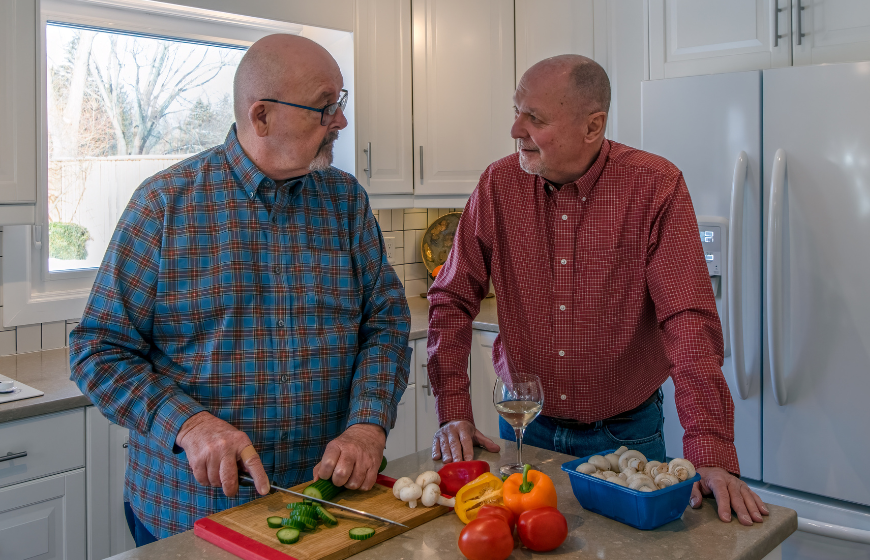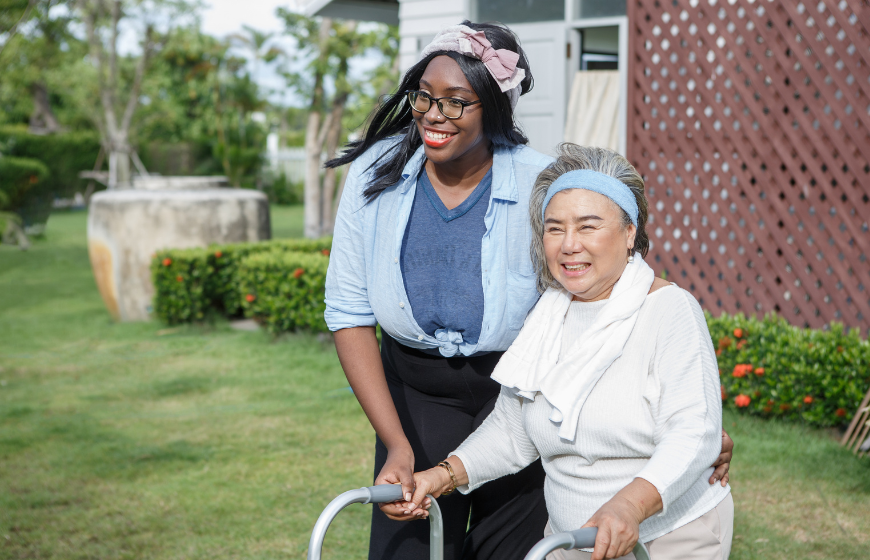Nutrient needs change throughout the lifespan. How we nourish our bodies and minds only becomes more important as we age. In Part 1 of this Nutrition Series, we discussed individual micro-nutrients. Let’s consider the bigger picture.
Protein is important for maintaining lean muscle mass (which decreases naturally with age). For men and women over 51 years old, it is recommended to consume .8g of protein per 1kg of body weight. Inadequate protein can lead to deficiency of vitamin B12, which requires protein for absorption. Adding whey protein, egg whites and tofu to the diet can increase protein reserves.
Carbohydrates are crucial for proper weight and energy management in the older adult population. If carbohydrates are not present, the body will breakdown the protein stored in muscle tissue for energy. This process can lead to a decline in muscle mass and subsequent frailty. It is recommended that carbohydrates cover 45% of total caloric intake. All carbs, however, are not created equal. Look for whole grains, legumes, fresh fruits and other complex carbs.
Fat is a friend of the older adult. It is recommended that 20-30% of calories should come from fats (ideally from unsaturated sources). The loss of taste buds and appetite as we age is often a reason for undernourishment in the older adult population. Adding fat to meals is a great way to improve taste and encourage satiety. Try adding some extra-virgin olive oil to vegetables or avocado to eggs. Less than 10% of fat should be saturated and cholesterol should not exceed 300mg per day.
The truth is, when considering nutrition in the older adult, not much changes theoretically: if a young adult and older adult exercise the same amount, they also require the same amount of calories. As we age, however, changes in the body alter appetite and eating habits. Be creative and adjust. Undernourishment can lead to infection, depression and even dementia, so eat up!
Alliance Homecare offers our clients a personalized assessment of their nutritional needs. You can find more information about our Nutritional Counseling here.




